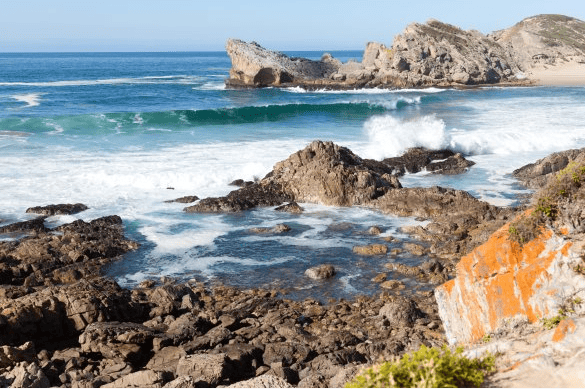ANTON Bredell, Western Cape Minister of Local Government, Environmental Affairs and Development Planning recently gave notice of the adoption of the Western Cape Provincial Coastal Management Programme 2022–2027.
“The Coastal Management Programme is an invaluable tool allowing for integrating coastal management in the Western Cape. It sets out the schedule for the implementation of coastal management in priority areas by the Department of Environmental Affairs and Development Planning as the lead agency. The Programme also enables cooperative governance and stakeholder partnerships, as it plays a key role in bringing together the efforts of various spheres and sectors of government, the private sector, and communities, to provide an accessible and well-managed coast for all inhabitants of, and visitors to, the Western Cape,” Minister Bredell said.
“The Western Cape Government takes great pride in our picturesque and iconic coastline. The rich social, cultural, and natural heritage associated with the coast is an intrinsic part of the value of our natural environment and a key economic differentiator in our Province,” Minister Bredell continued.
He warned that, “…the current state of resource depletion and degradation of our coastal and estuarine resources in the context of a changing climate requires that we take the necessary steps to reduce the negative impacts on coastal communities, the natural environment and coastal infrastructure.”
The Programme identifies nine priority areas:
- Social and economic development.
- Partnership, Cooperative governance, and Local government support.
- Coastal access facilitation.
- Climate change, dynamic coastal processes, and planning for resilient communities.
- Land and marine-based sources of pollution and waste
- Natural and cultural resource management.
- Estuarine Management.
- Capacity building, advocacy, and education.
- Compliance, monitoring, and enforcement.
The implementation of the Programme will be in partnership with all other relevant government and coastal stakeholders and communities. “I want to thank all stakeholders who will be joining hands working together to achieve a sustainably developed and resilient coastline. Our success is directly linked to our ability to work as a team,” Minister Bredell said.
The Programme was developed and is adopted in terms of section 46(3) of the National Environmental Management: Integrated Coastal Management Act, 2008.
The Programme and a summary thereof are available for public inspection electronically and in hard copy, respectively, as follows:
(a) on the website of the Department at https://www.westerncape.gov.za/eadp/about-us/meet-chief-directorates/env… ; and
(b) at the head office of the Department on the Ground Floor, 1 Dorp Street, Cape Town.
Any queries can be directed by email to wccmp@westerncape.gov.za
